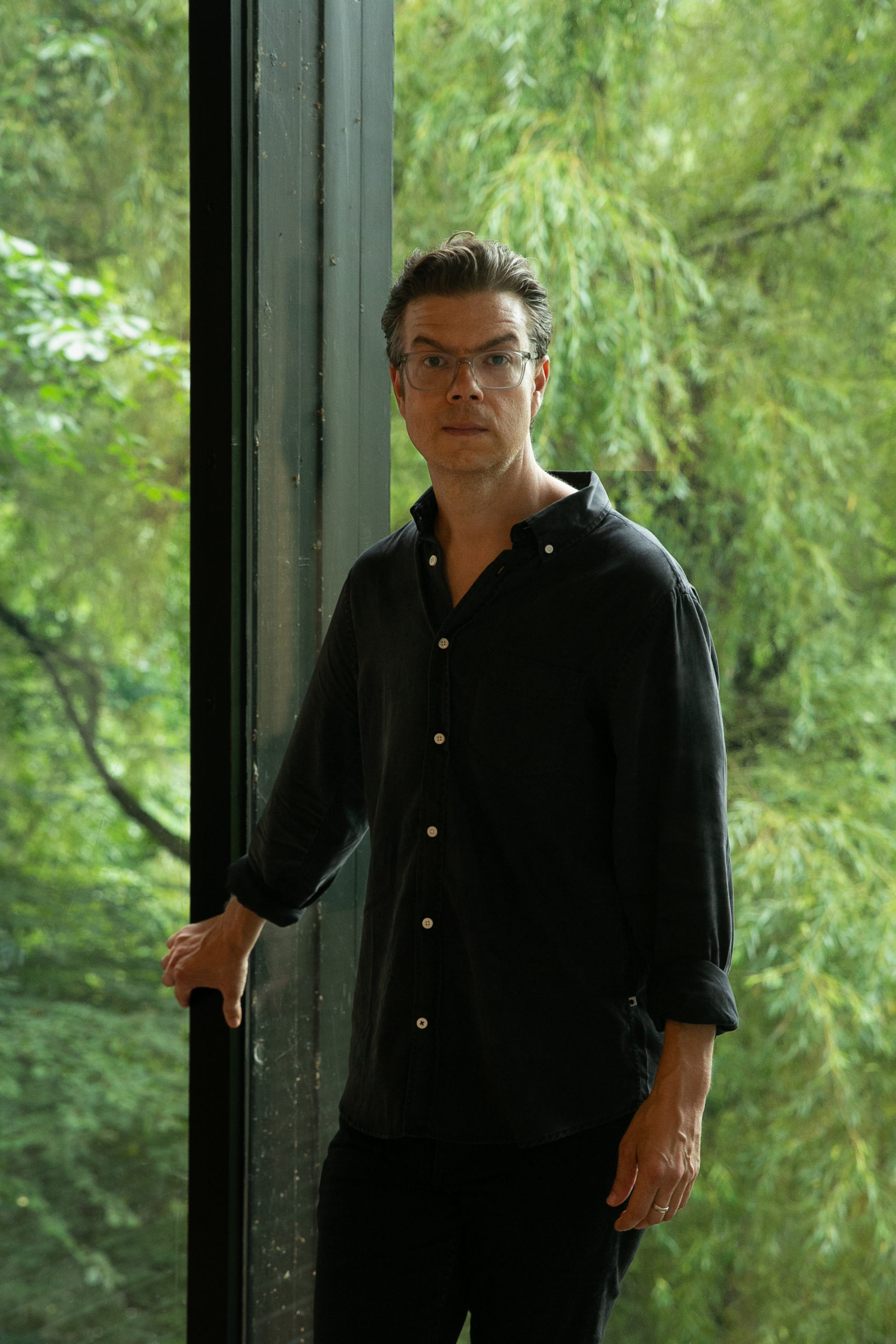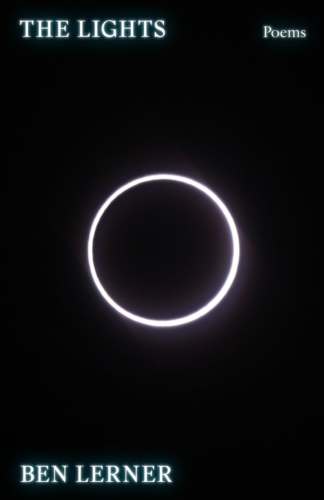Sometimes you have to kill the bee, my father would say. Sometimes you have to press the flower. The proverbs he quoted made at least as much sense to me as the ones my grandmother claimed were Yiddish; Fleas are not lobsters. He can make the dream larger than the night. After my father died, I found that I was using some of these phrases in my own life. I didn’t really think about what they meant. Nobody ever asked me to explain them. One afternoon I was hanging out with Emma—she was so careful I didn’t worry about distancing—and I said this thing about the bee and flower and she was like, What are you quoting? What does that mean? They’re just sayings. Idiomatic expressions. Clichés. I don’t think so, she said. Where did you learn them? And I told her. And that’s when I realized: the blue path never curves. That’s when I realized, or realized in a new way, that stars are not steeples. The nouns are interchangeable. The dream that presses the flower spares the bee. Soon we were drinking red wine and googling these sayings I’d believed connected me to my father and through my father to Ukraine and Judaism, personal and collective histories; in fact none of them was timeworn, none had circulated, they were just his private nonsense formulations. I felt like laughing and crying simultaneously. My father was a poet: He made a world for me, a toy folk tradition. Or my father was a fraud: How else had he deceived me? Or my father was a comedian: He knew I’d figure it out in the end and find it funny. And I did find it funny, I was laughing in Emma’s arms while also shaking with sobs, blowing my nose on her shirt, maybe just missing my ridiculous dad. Outside her window we could hear the protesters gathering on DeKalb, but that night we wouldn’t join them. Emma started making up her own expressions as she held me, stroked my hair. Seven days from now is not a future. Don’t buy a mattress during vespers. One iris is always a different color than the other. At first, her delivery was mock-portentous, but then she got into it, there was something hypnotic about it, soothing. When I was half-asleep I half believed that I could hear the protesters chanting the phrases that Emma was coining just for me: We are the glass that plates the wound. The rain enters the dream as snow. The rose is absolute. A call and response between the whisper in my ear and the people in the streets. Even though It was muffled by a mask, I could pick out my father’s voice.
The Voice
Feature Date
- September 5, 2023
Series
Selected By
Share This Poem
Print This Poem
“The Voice” from THE LIGHTS: by Ben Lerner.
Published by Farrar, Straus and Giroux on September 5, 2o23.
Copyright © 2023 by Ben Lerner.
All rights reserved.
Reproduced by Poetry Daily with permission.

© Beowulf Sheehan
Ben Lerner is the author of seven previous books of poetry and prose, as well as several collaborations with visual artists. The recipient of fellowships from the Fulbright, Guggenheim, and MacArthur Foundations, Lerner has been a finalist for the National Book Award for Poetry and the Pulitzer Prize for Fiction, among many other honors. He is a Distinguished Professor of English at Brooklyn College.
“In a muted and heartfelt collection that alternates between poems and prose pieces, Lerner (Mean Free Path) brings new life to familiar fixations: the mediation of experience, contemporary art, fatherhood, and the poet’s role as conduit for both individual desire and collective action . . . Global and personal crises are cast into a gallery of mirrors, the poems unfolding in a series of echoes and reflections between polarities of experience. Readers are left with a gorgeous artifact of impasse between ‘lyric and epic,’ and a mournful yet exuberant catalogue of ‘darker ruminations tinged with gold.’”
—Publisher’s Weekly
Poetry Daily Depends on You
With your support, we make reading the best contemporary poetry a treasured daily experience. Consider a contribution today.




